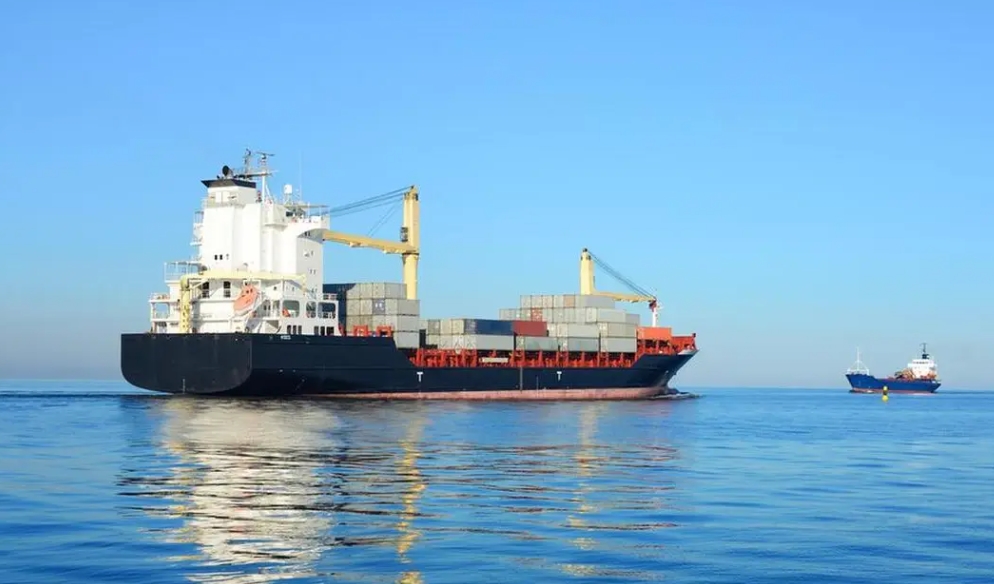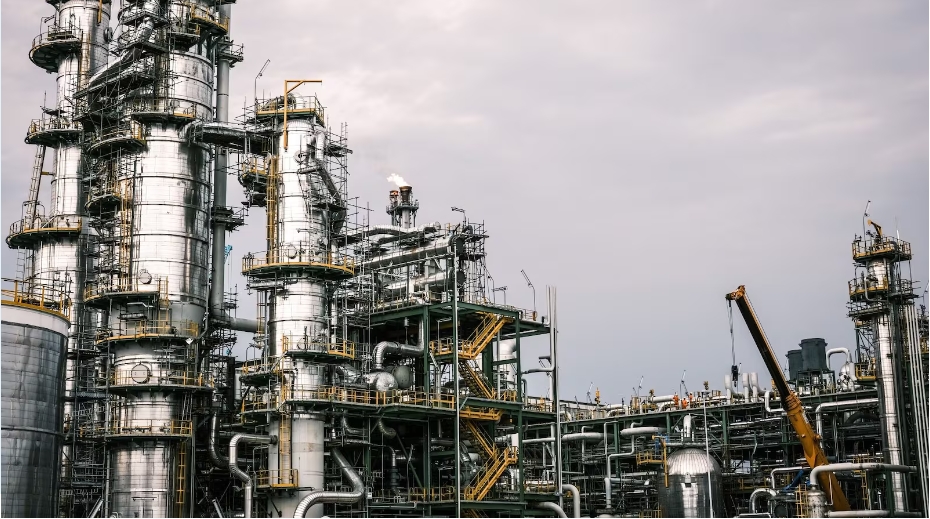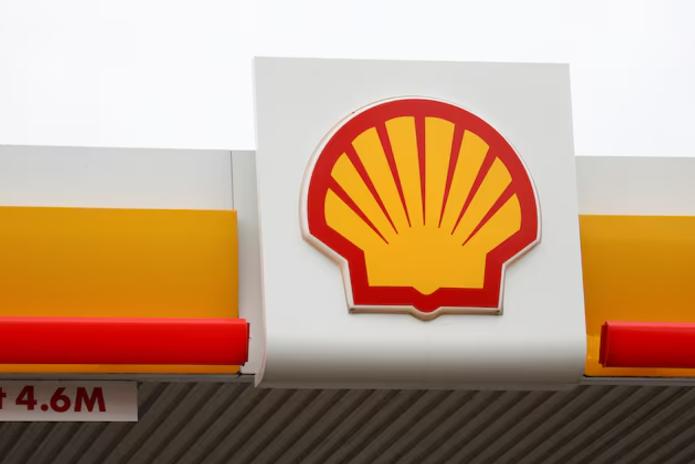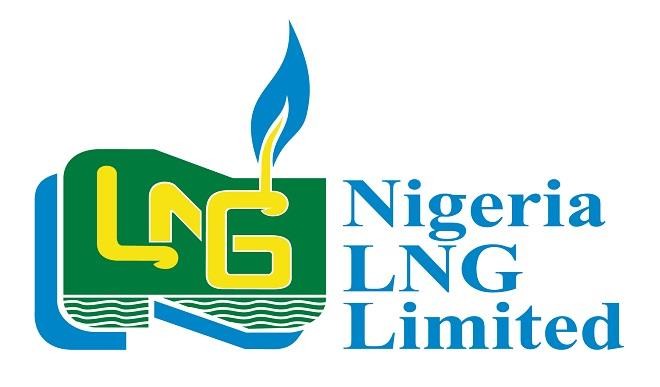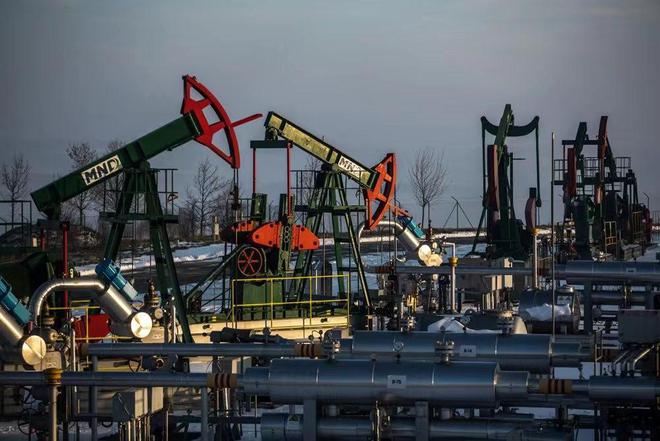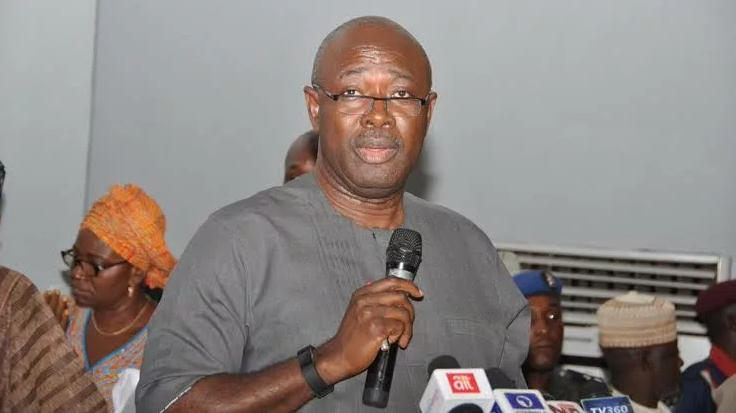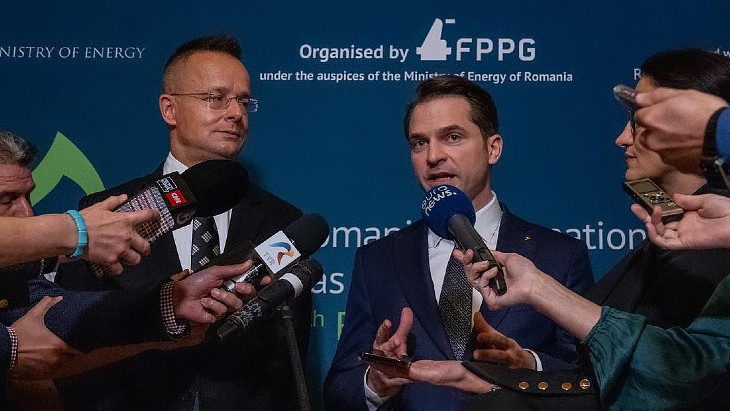
In a post on Facebook after talks with Romania's Energy Minister Sebastian Burduja, Szijjarto said "we signed important agreements, according to which we can count on Romania’s cooperation in the future to guarantee energy security of our country".
He added: "We agreed to further increase the capacity of the natural gas connection between the two countries so that Hungary can have as much access as possible to gas extracted from the Black Sea Romanian field under exploration. We are starting preparations for a new electricity connection and my Romanian colleague has assured that we can continue to transport the nuclear fuel needed for the operation of the Paks nuclear power plant via Romania, which will arrive by ferry from Russia to Bulgaria, where it will be put on a train and brought to Hungary via Romania."
The Russian fuel for the Paks plant was previously transported by train via Ukraine, but the route has had to change after the start of the Russian war with Ukraine last year. There have been three deliveries along the new route this year.
In his post on Facebook, Burduja did not mention the nuclear fuel transport, but did say that their first meeting had gone well, saying: "There are many common projects, the cooperation in the field of energy is solid."
In separate talks, Romania's Transport Minister Sorin Grindeanu and Szijjarto agreed on two new border crossing points between the countries, with AgerPress saying this would increase the number of border crossing points to 14. It also reported that Szijjarto said Hungary backed Romania's accession to the Schengen area - the area with border-free travel - within the European Union.
The four units at Paks are VVER-440 reactors that started up between 1982 and 1987 and they produce about half of the country's electricity. Their design lifetime was for 30 years but that was extended in 2005 by 20 years to between 2032 and 2037. In December, the Hungarian Parliament approved a proposal to further extend their lifespan, which means preparations can begin on operating the plant into the 2050s.
The country is also pushing ahead with the Paks 2 project which was launched in early 2014 by an intergovernmental agreement between Hungary and Russia for two VVER-1200 reactors to be supplied by Rosatom, with the contract supported by a Russian state loan to finance the majority of the project. Unlike other European countries which have been ending or reducing their energy links with Russia, Hungary has decided to continue with the project.
